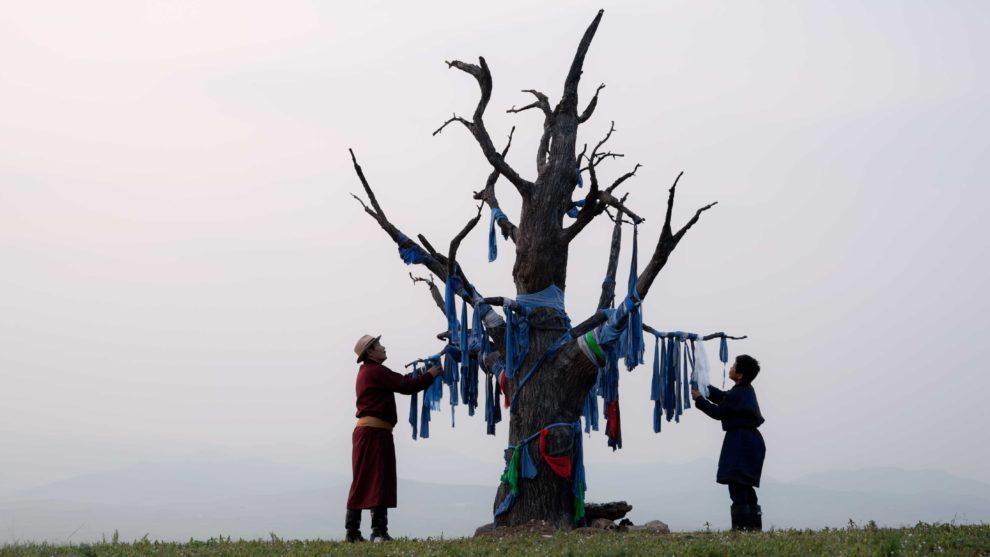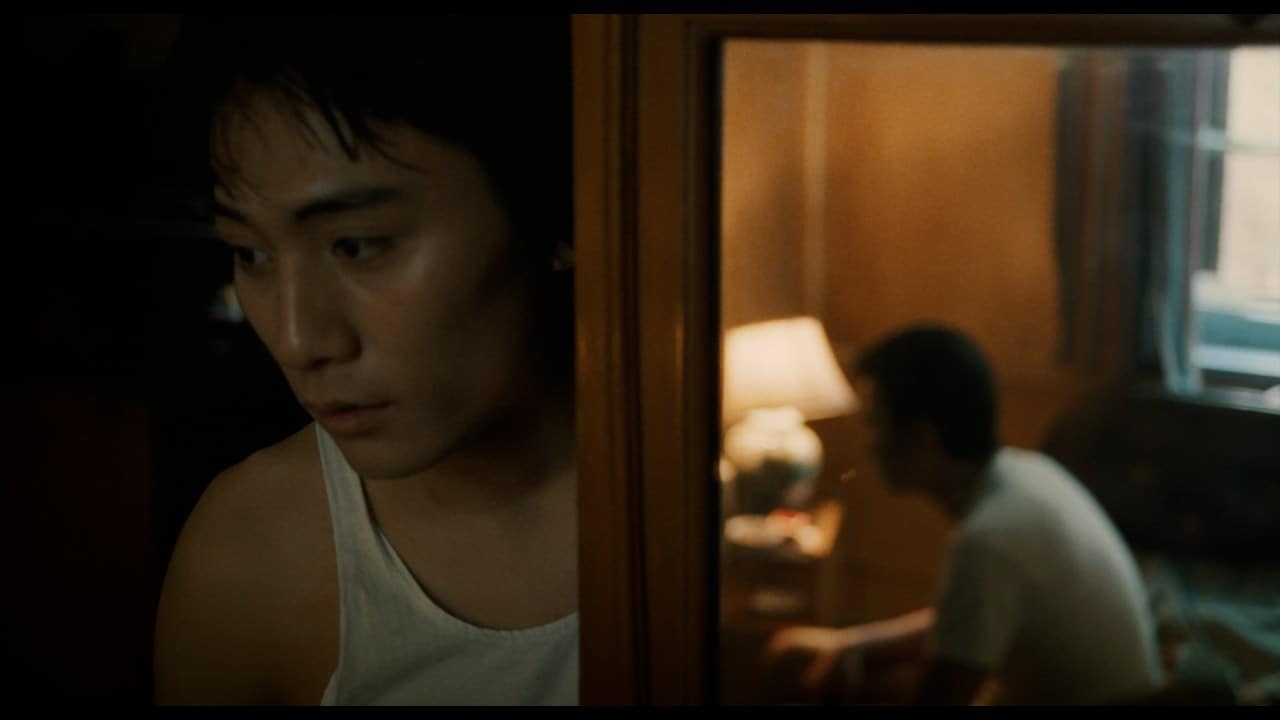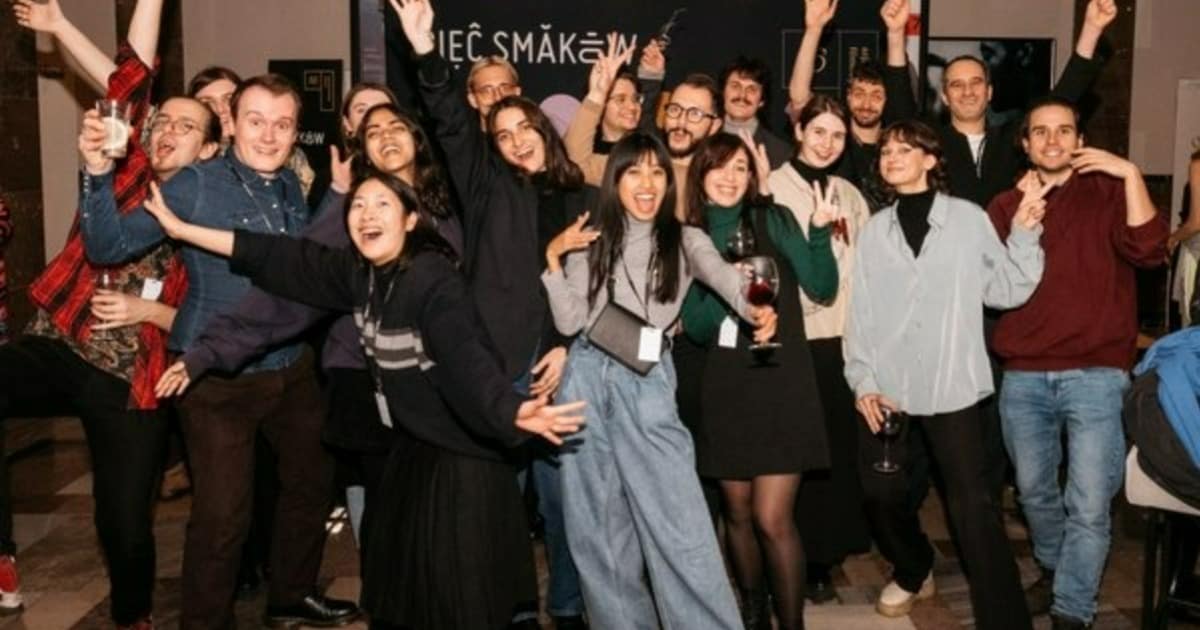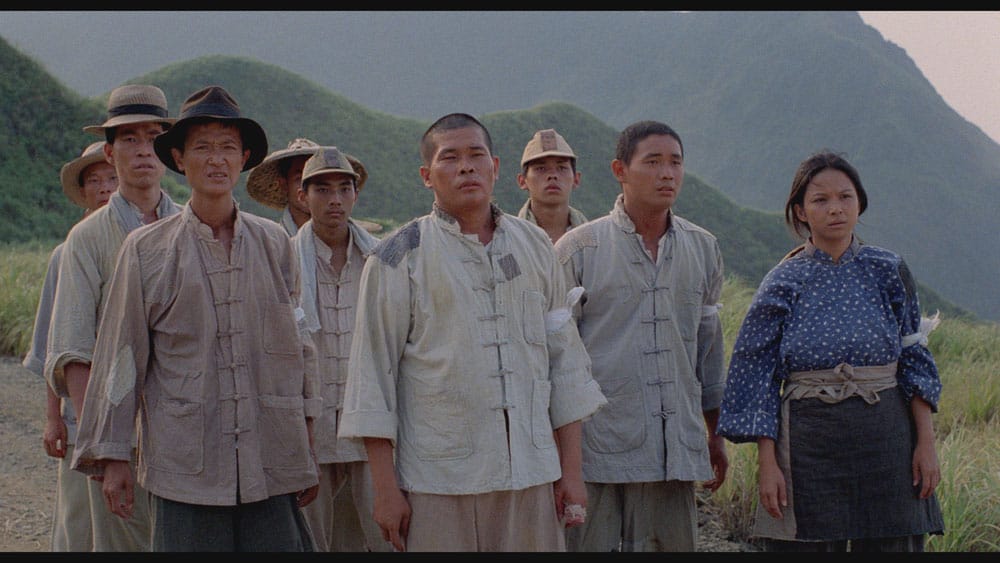Originally, Mongolian director Byambasuren Davaa had planned to make a different fourth film set in her home country, but upon re-visiting Mongolia and seeing the countryside changed by the over-exploitation of mining companies, she decided to tackle this development in her new feature. In Mongolia, as well as other parts of the world, the effect of global mining for resources is quite severe, changing the course of rivers if not depleting them altogether, while at the same time taking away people's living foundations, with certain nomad tribes forced to move away and accept a small compensation for the land they had been living on for so many generations. Based on these effects, her own observations as well as an old Mongolian folk tale, Davaa's feature “Veins of the World” tells a story about the unity of the world and its people, and how greed has come to corrode this idea.
“Veins of the World” is screening at Vesoul International Film Festival of Asian Cinema
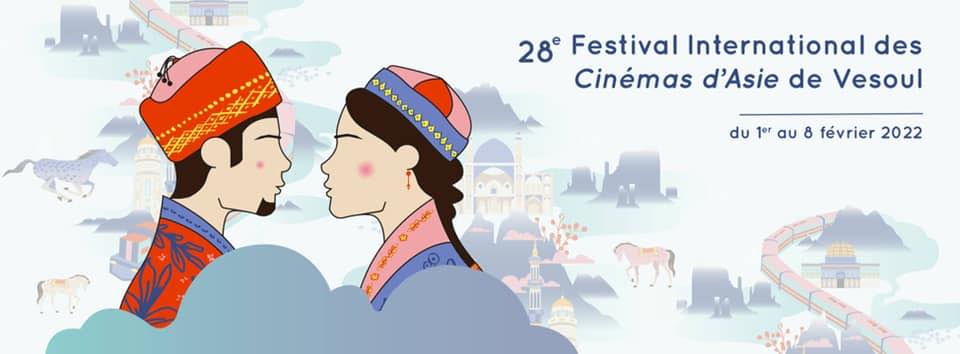
Amra (Bat-Irredui Batmunkh) and his family have been living in the Mongolian steppe for many generations. While his father Erdene (Yalalt Namsrai) tries to defend his family against the approaching mining companies, who have already offered a small compensation for their land, Amra is quite excited since his school teacher has announced the jury of “Mongolia's Got Talent” will come to their town and the boy is eager to participate. His father, however, has different matters on his mind, especially since the other farmers have chosen him as their representative, against the wishes of his wife Zaya (Enerel Tumen), who has asked her husband repeatedly to accept the money before the family ends up with nothing.
However, after a tragic accident after Amra has performed in front of the jury, matters change quite drastically for the family. With the boy having to take over more responsibility for his family, he tries to make money selling cheese on the market, but quickly realizes it is not enough. Angry at the miners and their machines, he decides to stop their approach, using whatever means he has at his disposal – a decision with unforeseen consequences.
At the core of the narrative, we find the song Amra performs for the competition, telling an old folk tale while also reflecting his bond with his father. The idea of the “golden earth” of ancient times consisting of “veins” can be seen as an almost utopian contrast to their reality, in which the bonds between people and the earth have been destroyed or disrupted in the name of greed and egoism. Considering Davaa's script focuses on the smallest social unit, the family, her feature demonstrates the social corrosion as a result of economic hardships and the exploitation of the mining companies. Especially the arguments between Erdene and Zaya emphasize how these events threaten to undermine the foundation of their relationship and their love.
Within her script, Davaa exposes the dimensions of this development and this attempt at destroying social unity. Even the community of the nomads has mostly either given up due to the high amount of pressure from the company, has accepted whatever compensation was offered to them or, in some cases, has decided to collaborate with the miners. The level of exploitation and destruction is reflected in Talal Khoury's cinematography, for example, the frequent images of the land, its “veins” exposed by heavy machinery and severed. While the audience may marvel at the beauty of the steppe, it becomes quite clear this landscape, this way of life is about to be extinct.
Choosing Amra's perspective to tell the majority of the story is a clever move, adding a child-like innocence to the narrative endangered by the exploitation of the land and its people. Upon realizing who the real “enemies” are, we witness the drastic change of the character, who abandons his childhood in order to help his family through rough times, while also setting in motion a chain of events with severe consequences and putting him in a moral dilemma. Although all cast members do a fantastic job, Bat-Irredui Batmunkh as Amra deserves special credit as he manages the balance between innocence, drama and becoming an adult.
“Veins of the World” is a drama set within the context of the over-exploitation of countries such as Mongolia. Byambasuren Davaa tells the story of a family as well as a culture threatened by mining corporations acting in the name of profit and egoism, undermining the bonds between people and the earth.


